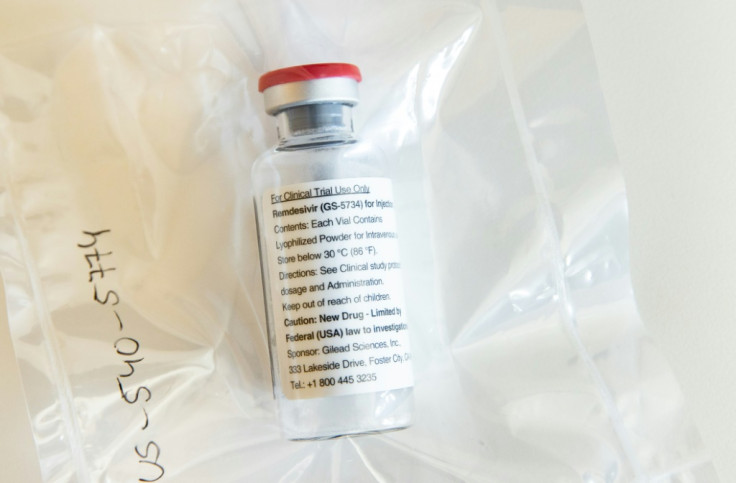Coronavirus: Gilead Sciences facing inquiry into alleged remdesivir overpricing
Remdesivir, which reportedly improved the recovery rate of patients has been approve by the FDA for emergency use.
One of the most recent reports discussed the use of antibody treatments to provide temporary immunity against the SARS-CoV-2. Therefore, biotech firms such as Regeneron and Eli Lilly are already developing experimental medicines that could potentially aid those who are regularly exposed to COVID-19 patients. Given the overwhelming number of cases, the healthcare sector cannot afford to lose people and end up even more undermanned. Meanwhile, Gilead Sciences is now the subject of an inquiry from government watchdogs over the pricing of its coronavirus drug.
A few months into the pandemic, pharmaceutical companies in the United States conducted a series of clinical trials. Based on the outcome of these tests, controversial antimalarial medicines hydroxychloroquine and chloroquine were deemed ineffective and even dangerous in some cases. So far, the only one observed to have benefits on those with COVID-19 is Remdesivir, which reportedly improved the recovery rate of patients.
The U.S. Food and Drug Administration (FDA) eventually approved it for emergency use. However, shortly after Gilead Sciences revealed its pricing, many thought that it was quite costly. This apparently prompted the regulators to look into the matter. "Gilead, on the one hand, has a product that helps people" stated, University of Utah senior pharmacy director Dr. Erin Fox. "But on the other hand, it does feel like they're taking advantage of the situation," reports ABC News
Currently, there are no available alternatives in the market that could offer comparable results to remdesivir. Nevertheless, with vaccine candidates from Moderna and AstraZeneca already cleared for phase 3 trials, the company which holds the manufacturing rights for remdesivir might soon have competition. Public Citizen, a government watchdog group forwarded a letter to the drugmaker's executives and a copy to federal health officials.

"It is unclear why Gilead and federal scientists have not been pursuing GS-441524 as aggressively as remdesivir," read a section of the documents. "But we cannot help but note that there are significant financial incentives tied to Gilead's current patent holdings." A spokesperson explained that unlike remdesivir, the drug in question was less effective based on laboratory findings and has not undergone human trials yet. Moreover, preclinical studies are already being conducted.
© Copyright IBTimes 2025. All rights reserved.





















